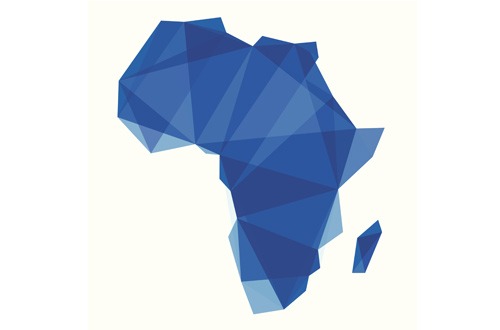 African trade ministers have approved an agreement establishing the African Continental Free Trade Area (AfCFTA), the trade and industry department (dti) said on Sunday
African trade ministers have approved an agreement establishing the African Continental Free Trade Area (AfCFTA), the trade and industry department (dti) said on Sunday
Trade and Industry Minister Rob Davies and his deputy Bulelani Magwanishe arrived back in South Africa on Sunday after attending the African Union ministers of trade (AMOT) meeting in Kigali, Rwanda, the dti said in a statement.
“The African ministers of trade considered and approved, for submitting to the extra-ordinary summit of the African Union (AU) heads of state and government, the agreement establishing the African Continental Free Trade Area (AfCFTA), as well as the protocols on trade in goods and trade in services that will form part of the agreement,” the dti said.
The ministers also approved a work programme for concluding the outstanding issues for implementation that would start after the heads of state and government summit scheduled for March 21 in Kigali, Rwanda.
The negotiations were launched in Johannesburg in June 2015. The AU assembly of heads of state and government in January in Addis Ababa, Ethiopia agreed to hold an extraordinary summit on March 21 to consider the AfCFTA legal instruments and declaration launching the agreement establishing the AfCFTA.
The envisaged AfCFTA offered an opportunity to create larger economies of scale, a bigger market, and improve the prospects of the African continent to attract investment. South Africa was, therefore, committed to a co-ordinated strategy to boost intra-Africa trade and to build an integrated market in Africa that would see a market of over one billion people with a GDP of about US2.6 trillion. Beyond the Tripartite Free Trade Area (TFTA), the AfCFTA would provide new export opportunities for South African products and services in West Africa and North Africa, the dti said.
“The AfCFTA is being pursued under the development integration approach. This combines market integration with industrial and infrastructure development to address Africa’s productive capacity and supply side constraints, promote the diversification of Africa’s export base from dependence on raw materials to value-added products, as well as alleviate the chronic infrastructure deficit in Africa.
“The AfCFTA is also expected to facilitate the movement of goods and services among African countries. It will also result in harmonisation of customs documentation and processes, thus enhancing trade facilitation,” the dti said. (via African News Agency)






